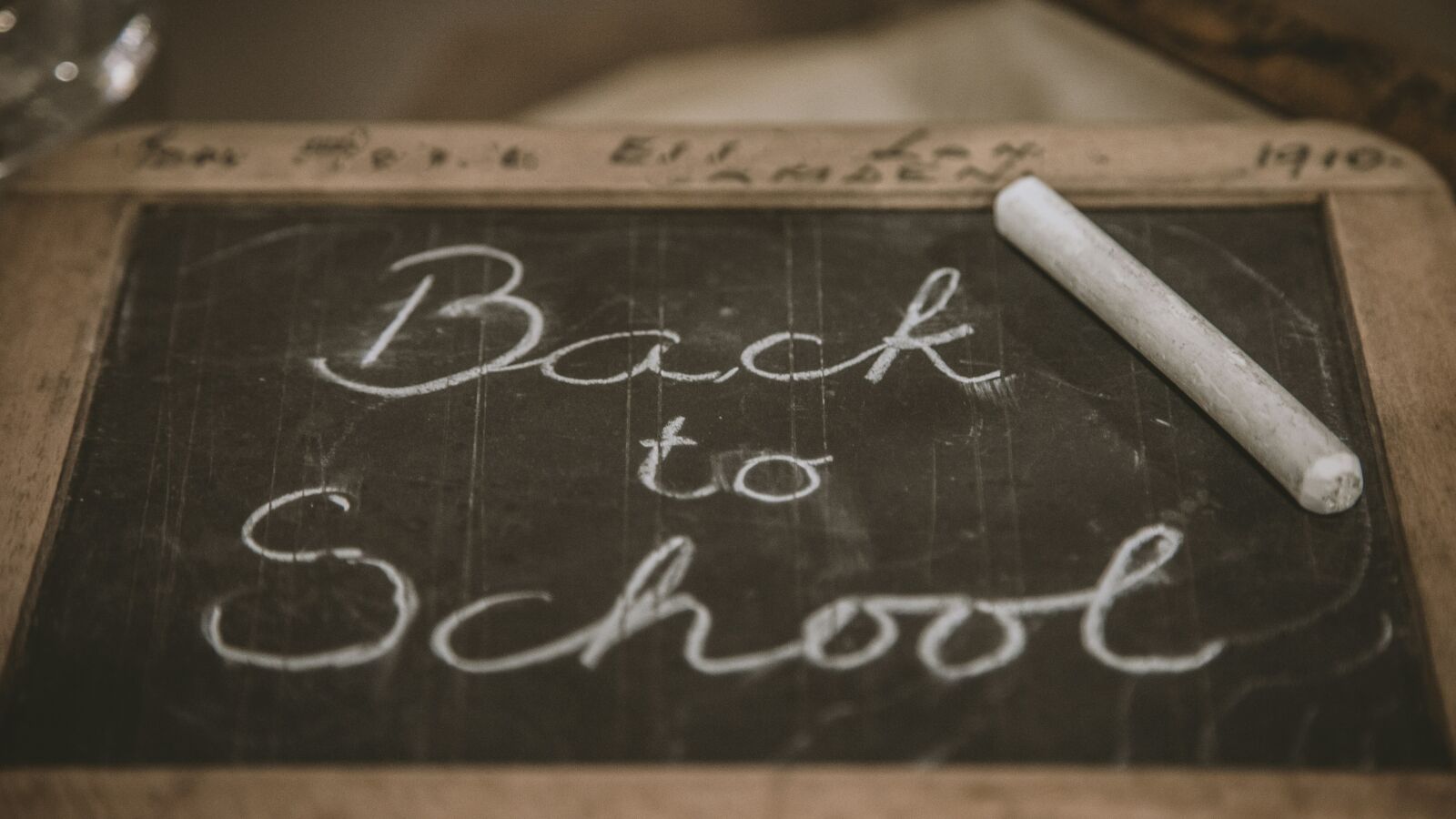
Insights
Aug 27, 2024
Sarah Lee
Head of Marketing
Dafydd Ford is a partner at Kilsby Williams, one of Wales’ leading tax accountants, and works closely with SOCS. With experience in a broad range of taxes from corporation tax to VAT, he shares his professional insight into how the new VAT changes will impact independent schools; balancing the positive with the negative cost implications.
Since coming to power there has been much debate on how and when the VAT exemption would be removed on school fees. On 29 July the Chancellor Rachel Reeves made a statement to Parliament and the Treasury published draft legislation to finally let the cat out of the bag on this.
The VAT exemption on education and vocational training where provided by private schools or a closely associated body will be removed. The exemption will also be removed from private school board and lodging fees.
These services will therefore be subject to VAT at the standard rate of 20%.
The change will apply from 1 January 2025 i.e. part way through the 2024/25 school year.
There is an anti-forestalling clause that applies to pre-payments of private school fees received on between 29 July 2024 and 30 October 2024. This means that VAT is now due on all fees relating to school terms beginning on or after 1 January 2025. However, fees paid for the first term of the 2024/25 school year before 30 October 2024 will still be exempt.
There is no specific retrospective action in relation to advance payments made to date although HMRC have indicated that they will be looking at advance payments made to check they meet the appropriate tax point rules.
Closely related goods and services provided by schools or other eligible bodies for direct use of pupils, pre-school nursery classes, and afterschool childcare will remain exempt. Additional activities schools provide out of hours however (including holiday clubs) will be caught.
Anti-avoidance provisions have been included to catch relevant supplies made by bodies closely related to private schools and a consultation was launched to look at the definition of private schools and connected parties. The removal of business rates relief was also announced. With this draft legislation being published the uncertainty of what the next term and the future looks like has been removed.
There will also be some relief, from both private schools and parents, that the specific retrospective effect hasn’t been applied. We do recommend however that any advance payments made in respect of the 2024/25 school year and beyond are checked given that HMRC will be looking at the technicalities around these. Schools may need to liaise with parents to advise them that VAT may now be due if the invoices raised did not include specific details of the period they relate to.
If schools are not already registered they will need to register from 30 October 2024 ahead of the 1 January 2025 start. We recommend that this is done as soon as is possible as there can be delays in registrations being processed.
The good news is that private schools will be able to recover VAT on the costs attributable to the newly standard rated education, vocation and boarding supplies from 1 January 2025.
It should be noted that where the school continues to make other exempt supplies after 1 January 2025 they may be “partially exempt” in which case VAT on unattributable overheads may not be recoverable in full depending on each school’s specific circumstances.
Software licence fees
Subscription fees
Equipment and hire costs
Internet and IT costs
General classroom expenditure
Catering
Cleaning
Repairs and maintenance
Rental expenditure on buildings opted to tax
Energy costs
Accountancy, legal and professional fees
The above list is not exhaustive so there may be other costs on which VAT could be recovered.
Independent schools might consider postponing any planned large expenditure projects, such as a big refurbishment, until after 1 January 2025 as the costs would effectively become 20% cheaper in the new year.
It is also worth noting that the Capital Goods Scheme may allow for input tax to be recovered in relation to capital expenditure over £250,000 incurred in the past.
If you would like to consider the impact of these changes then please contact Dafydd Ford at Kilsby Williams on 01633 653166 or email Dafydd.ford@kilsbywilliams.com.
Thanks to Dafydd and the team at Kilsby Williams for providing this insight.
Previous article
Insights
Aug 27, 2024
Next article
Let us show you the power of SOCS in real-time
Book a demo today


